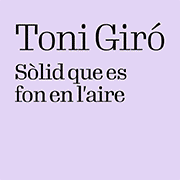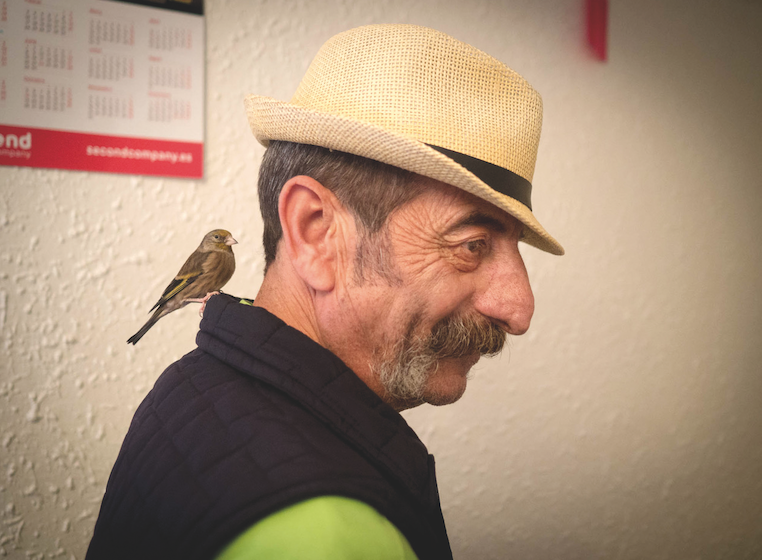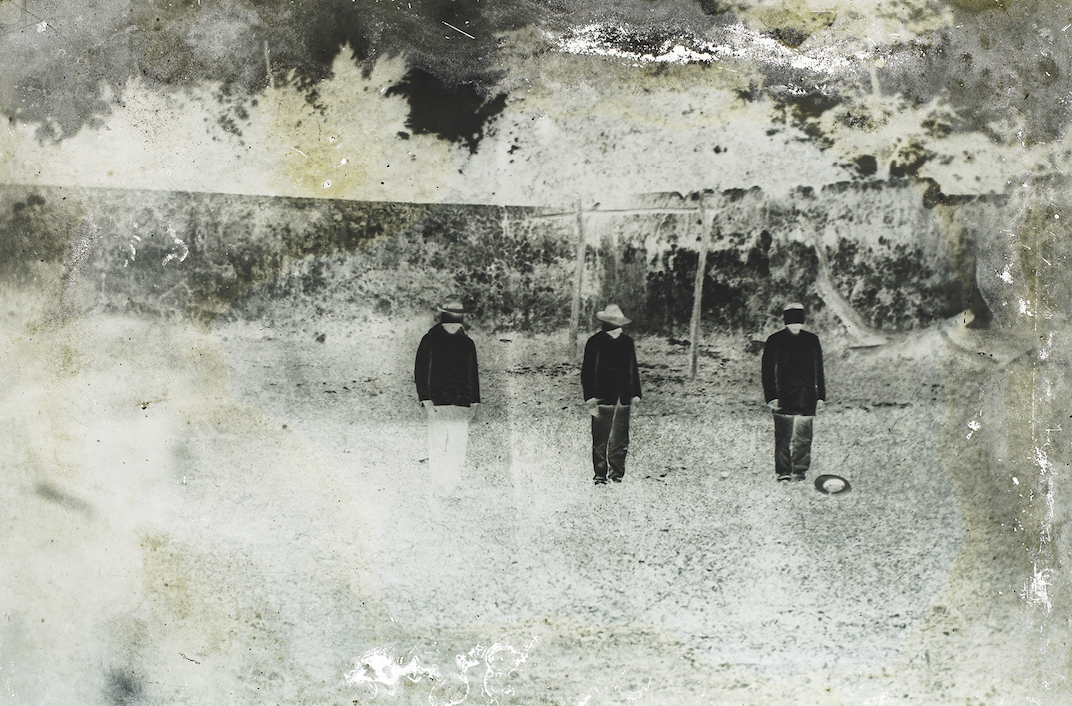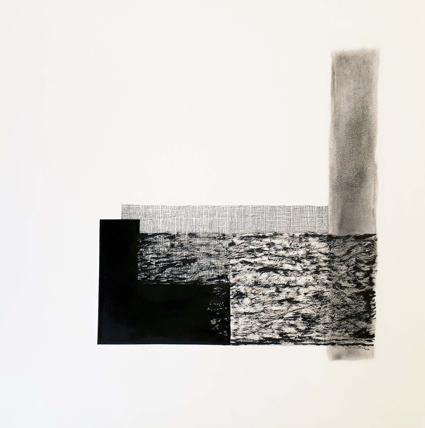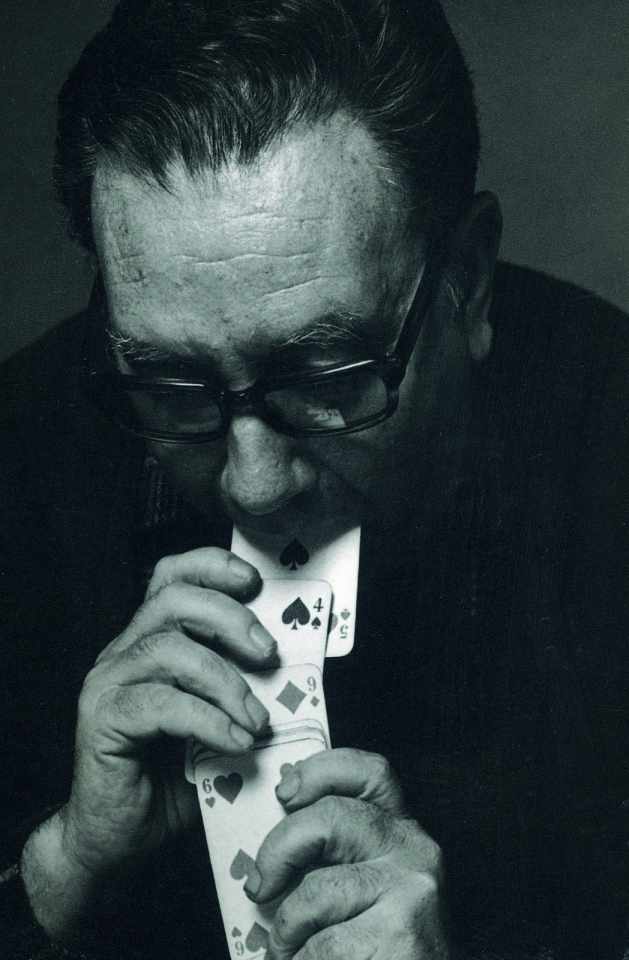Exhibitions
Eugenio Ampudia: "Concert for the biocene"
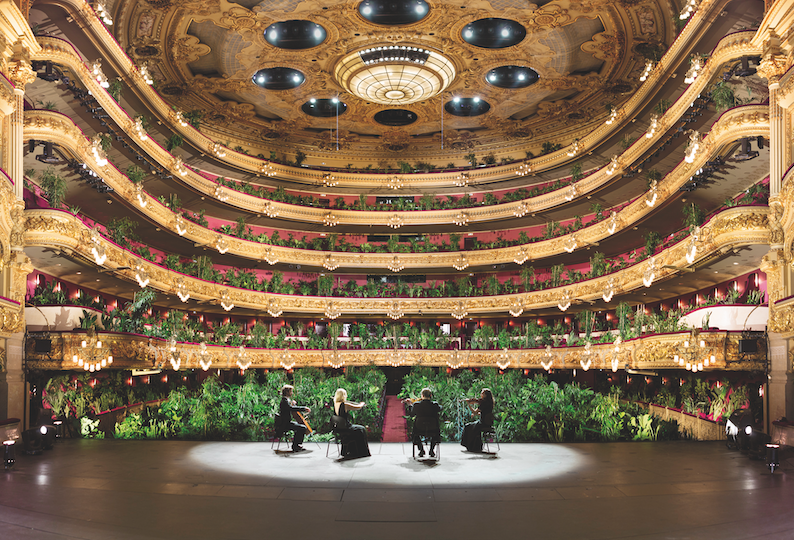
The global pandemic triggered by Covid-19 made us question and rethink, almost overnight, many of our vital habits. Being forced to shut ourselves up in our homes and live with only the essentials and leave the world empty of human presence for a few long weeks called into question our role and our attitude toward the world. . This is the case of the artist Eugenio Ampudia (Melgar, Valladolid, 1958), who through the work Concert for the Biocene (2020), not without controversy, raised a reflection that questions our relationship with the world around us. The artist conceived a concert at the Gran Teatre del Liceu for a total of 2,292 floors that occupied all the seats. The play was the musical piece Crisantemi, a work created by Puccini after the death of Amadeus of Savoy, Duke of Aosta. The piece, performed by a string quartet, took place in front of a room with no human presence other than that of its performers. The concept of the biocene, proposed by the curator of the action, Blanca de la Torre, is presented as a counterpoint to the anthropocentrism in which we live immersed. Replace the anthropocene with the biocene.
The orchestrated event - never better said - at the Liceu was intended to become a symbolic act that made spectators reflect and rethink a paradigm shift that would put an end to the process of degradation of the natural space in which we live immersed and start a new life with equality between species. In short, in the words of the organizers, the biocene concept appeals to the "beginning of a new era that finally places life at the center." This action, however, was widespread in the networks and the media, and was also accompanied by controversy given the similarities with some works proposed by Perejaume, who had also previously explored the concept of the plant as an audience, for example. , in 2015, at the Teatre de Salt.
Now, a year later, Ampudia presents an exhibition that collects and documents this Concert for the Biocene, which can be seen at the Espai Isern Dalmau of the Fundació Coromina in Barcelona until January 29. The exhibition concludes the process started at the Liceu with a collection of four large-format photographs and a video recording the action in a small installation that evokes - rather than recreates - the plants that occupied the Liceu locations for attending a biocene concert.


